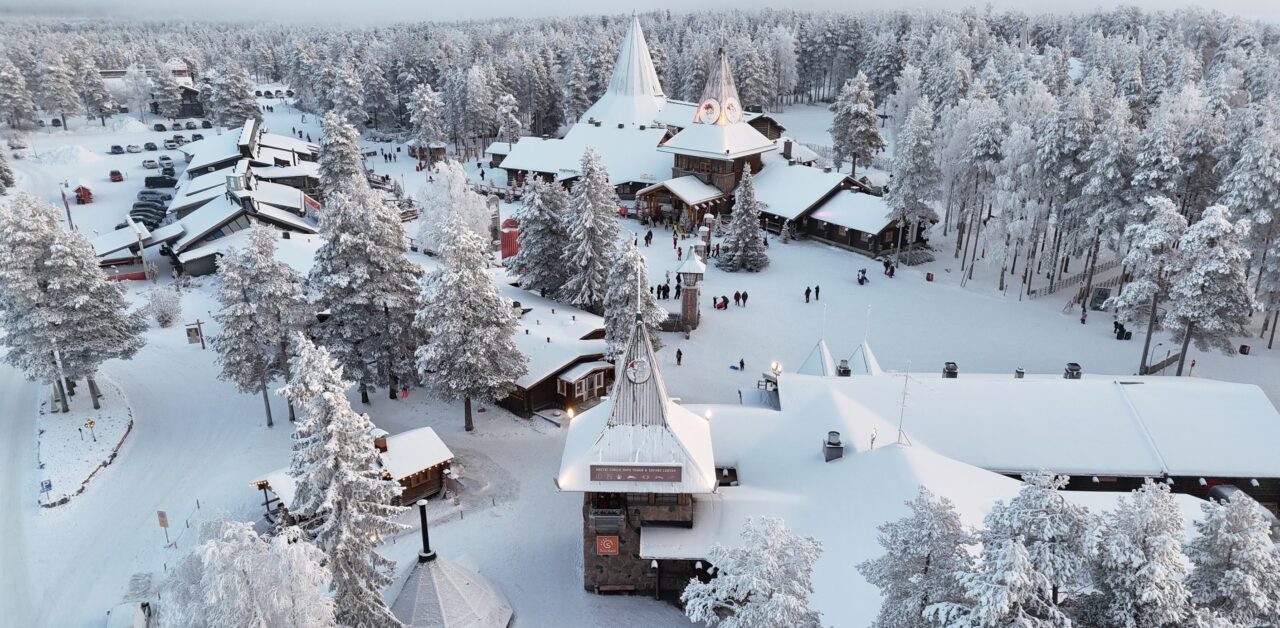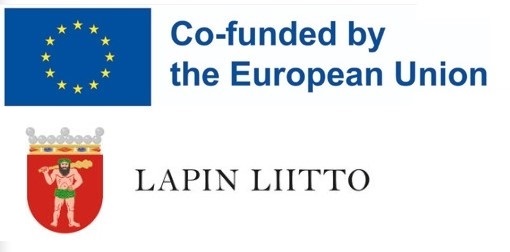Sustainable tourism EU-project

Towards a Carbon-neutral and Sustainable Santa Claus Village and the Surrounding Countryside -project
Climate change, a reduction in natural biodiversity, and sustainable and properly distributed growth in general are humanity’s biggest challenges of the 21st century. Tourism, which has grown around the world in recent decades, lives more and more intensively amidst these worldwide challenges. The companies of the Santa Claus Village cooperative strive to take the fight against climate change and other issues of sustainable tourism as seriously as possible in their own operations.
In order to get on a more sustainable and carbon-neutral path, the companies of Santa Claus Village have, in addition to their own direct efforts, started a project co-financed by the EU and the Santa Claus Village cooperative. The project, “Towards A Carbon-neutral and Sustainable Santa Claus Village and the Surrounding Countryside” (in Finnish “Kohti hiilineutraalia ja kestävää Joulupukin Pajakylää ja ympäröivää maaseutua”), is coordinated by the Santa Claus Village cooperative, representing more than 60 companies of Santa Claus Village and the surrounding countryside.
The project started in August 2023 and will last until the end of 2025. The project is partly financed by the European Union, receiving support from the European Regional Development Fund’s “Renewable and Competent Finland 2021-2027” programme. (Line of Action: 2 Carbon-neutral Finland – Specific objective: 2.3. Promoting the transition to a circular economy).
The goal of the project is to build a circular economy practical action programme for the companies of the Santa Claus Village cooperative, the city of Rovaniemi, and the surrounding countryside.
Additionally, the project will build a common circular economy ecosystem. This means cooperation with the companies of the cooperative, the city of Rovaniemi and the surrounding countryside. This cooperation promotes sustainable business models and enables all parties to move toward a circular economy.
The project includes five concrete work packages:
- Work package 1: General understanding and importance of the circular economy as part of the operations of tourism companies
- Work package 2: Identifying the practical possibilities of the circular economy as part of operations
- Work package 3: Functional and efficient circular economy business model in the tourism network
- Work package 4: Transition to the circular economy with know-how, planning and practical actions
- Work package 5: Putting the action plan of the circular economy of the common ecosystem into practice.
The total budget of the project is 199 568€. The share of EU support from the eligible net costs of the project is maximum 80%, i.e. a maximum of 159 653€ in EU support is granted to the project.
The remaining financing of the project is as follows:
- Self-financing: Private financing 9 978€ , i.e. 5% of the total project budget.
- Municipal funding 29 937€, i.e. 15% of the total budget. Half the amount comes from the city of Rovaniemi and half from the Rovaniemi Village Development Foundation (Rovaniemen kylien kehittämissäätiö).
